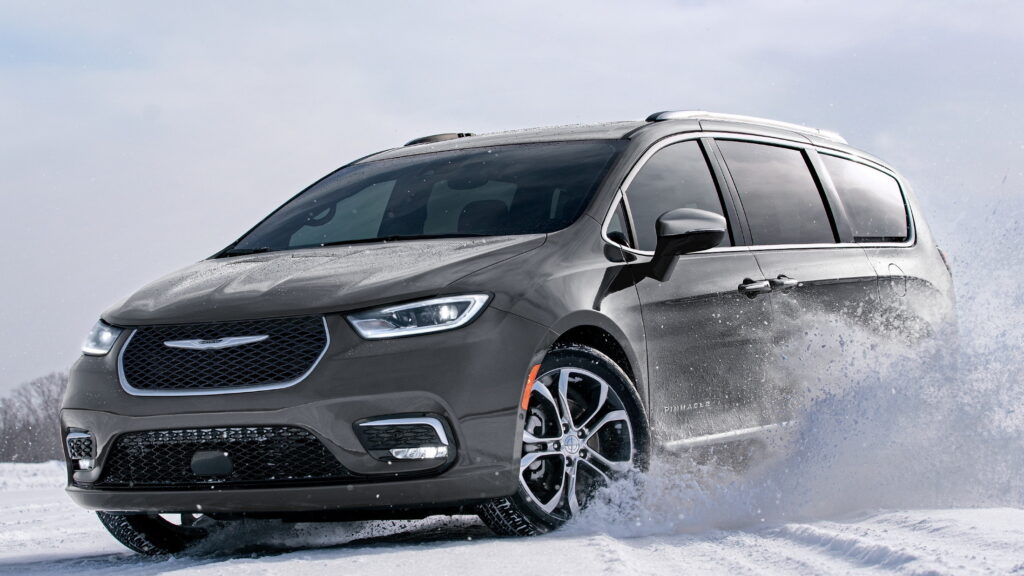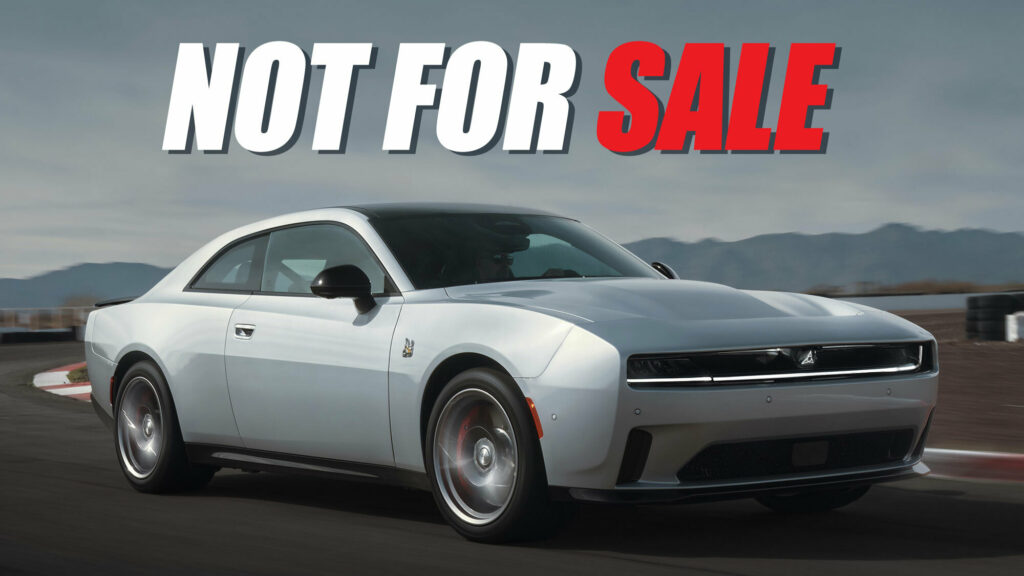- Stellantis has rejected an offer for the Chrysler and Dodge brands.
- CEO Carlos Tavares recently threatened to axe under-performing brands, but the company tried to walk that back by saying they’re committed to their “entire portfolio of 14 powerful, iconic brands.”
- That commitment isn’t open-ended as the brands only have 10 years to prove themselves.
Stellantis can’t stop shooting themselves in the foot as they seem bound and determined to make one mistake after another. The latest mess follows a dismal second quarter, which prompted CEO Carlos Tavares to say they would shut down brands that don’t make money.
This immediately backfired as there was rampant speculation about which brand(s) would get the axe. While the initial focus was on Maserati, it also cast a negative light on other brands including Chrysler, DS, Lancia, and Vauxhall. In effect, Stellantis’ financials gave them a black eye and they decided to punch themselves in the face to have two.
More: Stellantis CEO Warns Brands That Don’t Make Money Could Be Axed
That’s an interesting strategy and the fallout continues as Stellantis has been forced to walk back their threat once again. This time the focus is on Chrysler and Dodge as the automaker received “interest in its North American brands” from a prospective buyer. However, the company said they’re committed to their “entire portfolio of 14 powerful, iconic brands.”
That commitment isn’t open-ended as Stellantis said each brand has been given a “10-year timeframe to build a profitable and sustainable business.” As a result, the “company is not pursuing splitting off any of its brands.”
While automaker didn’t name names, the great grandson of Walter P. Chrysler – Frank B. Rhodes, Jr. – sent a proposal to Stellantis announcing his desire to “acquire and reinvigorate” the Chrysler, Dodge, and Plymouth brands. The proposal reeks of self-promotion, but the company’s missteps have given others a way to capitalize on their mistakes.
If that wasn’t bad enough, Stellantis has created uncertainty about the future of its brands. While they tried to downplay that once again today, consumers could turn on brands they believe might be killed off in the near future.





